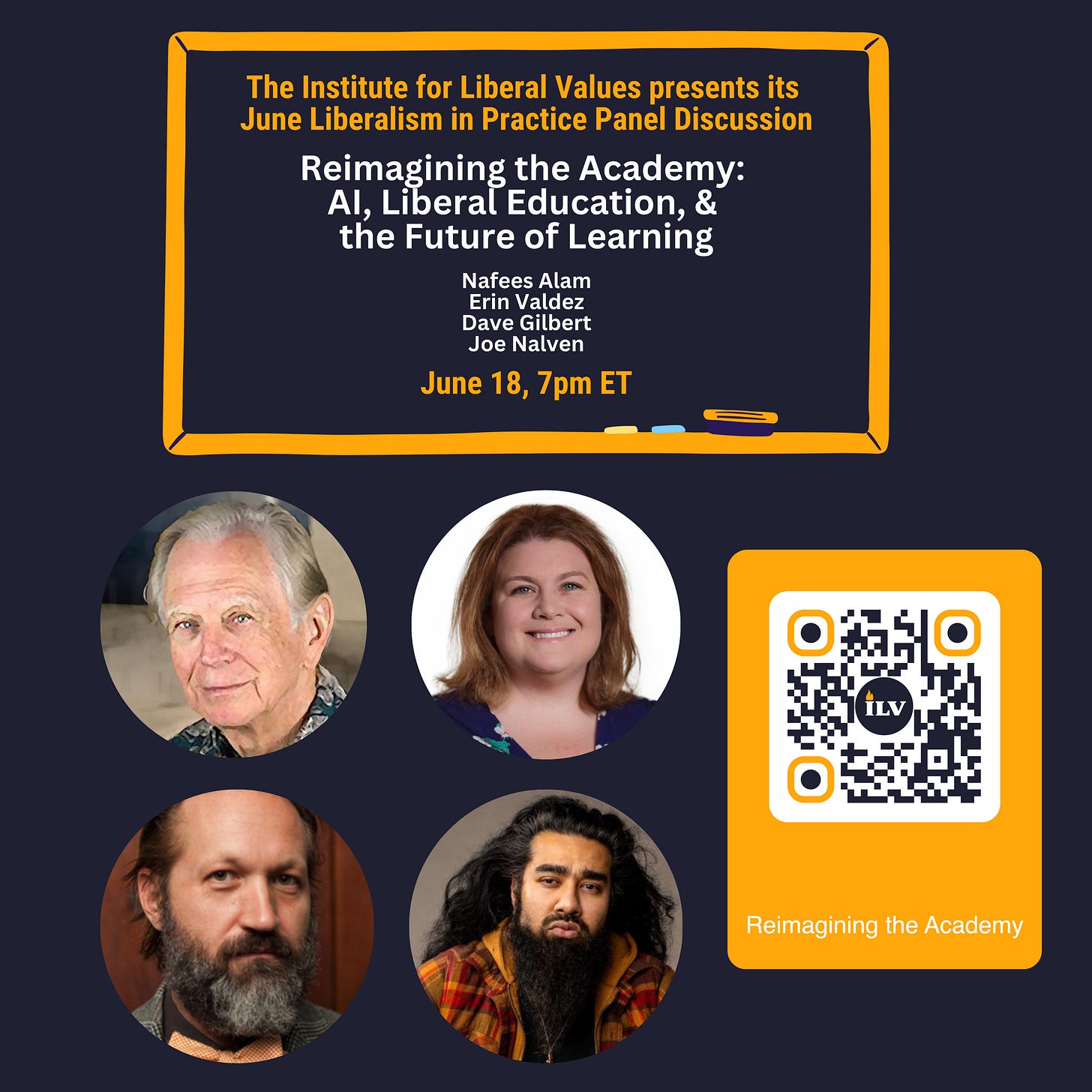In this week's episode clinical psychologist Patrick Lockwood joins Elizabeth for a discussion about why, despite all evidence to the contrary, beliefs in learning styles remain strong. We talk about the psychological and institutional forces that promote the myth including the countless journal articles, opinion pieces and websites that make fuzzy suggestions about neuroscience and other vague claims few individual learners and teachers are capable of evaluating for accuracy. Our desires for uniqueness, to blame forces outside our control when we perform at or below average, confirmation biases, and the ubiquitousness of the myth are just a few of the reasons we can perhaps forgive individuals for succumbing to the learning style grift. More egregious is that institutions continue to cling to them. Learning styles are actively taught to future teachers in schools of education, to students of all ages in K-12 classrooms, in tutoring centers, and of course, touted in online forums. Patrick and Elizabeth share literature that debunks learning styles and take the listener on a brief tour of learning habits and strategies that are supported by research.
Podcast notes
Brown SBRE (2023) The persistence of matching teaching and learning styles: A review of the ubiquity of this neuromyth, predictors of its endorsement, and recommendations to end it. Front. Educ. 8:1147498. Link: Brown Myth of Learning Styles
Link to University of Michigan Teaching and Technology summary: Myth of Learning Styles
Rohrer, D., & Pashler, H. (2012). Learning styles: Where’s the evidence? Medical Education, 46, 34-35: Where's the Evidence?
Dr. Lockwood has worked for non-profits, treatment centers, has trained with experts in the field of addiction treatment, and worked at every level of the mental health and addiction treatment industry for the past 15 years. He has a podcast on YouTube about topics related to mental health, wellness, psychology, and neuroscience. He is the author of “The Fear Problem,” a book integrating the neuroscience and evolutionary psychology of our fear process to explain why we get triggered by politics and other “hot topics.” Currently Dr. Lockwood teaches at California Lutheran University and is the COO of Oak Forest Recovery Center. Patrick's website:
https://www.lockwoodconsultingsolutions.com/
Patrick's youtube channel: https://www.youtube.com/@DrPatrickLockwood
His Twitter handle is @DoctorLockwood
Please consider donating to the Institute for Liberal Values, a 501c3 non-profit organization at ilvalues.org. All donations go to support our continued programming to realize our mission to provide the skills and support required to build community where there has been division, encourage free expression where there has been censorship, and foster optimism where there is fear.
*To sponsor a specific event with your name or logo, please reach out directly to admin@ilvalues.org*
Join the conversation in our June Liberal Values Panel Discussion, Reimagining the Academy: AI, Liberal Education, and the Future of Learning.
This panel examines the transformative impact of artificial intelligence on higher education within the context of liberal values. As AI technologies reshape teaching methodologies, research capabilities, and institutional operations, we explore how colleges and universities can integrate these tools while preserving the core tenets of liberal education—critical thinking, intellectual pluralism, and the pursuit of knowledge as a public good. Distinguished panelists will address pressing questions about academic integrity in an era of generative AI, the ethics of algorithmic decision-making in admissions and assessment, and how technological innovation might either exacerbate or ameliorate existing inequalities in higher education access. The discussion aims to articulate a vision for AI adoption that enhances rather than diminishes the humanistic foundations of higher learning, balancing technological efficiency with the enduring values of open inquiry and democratic education.






Share this post